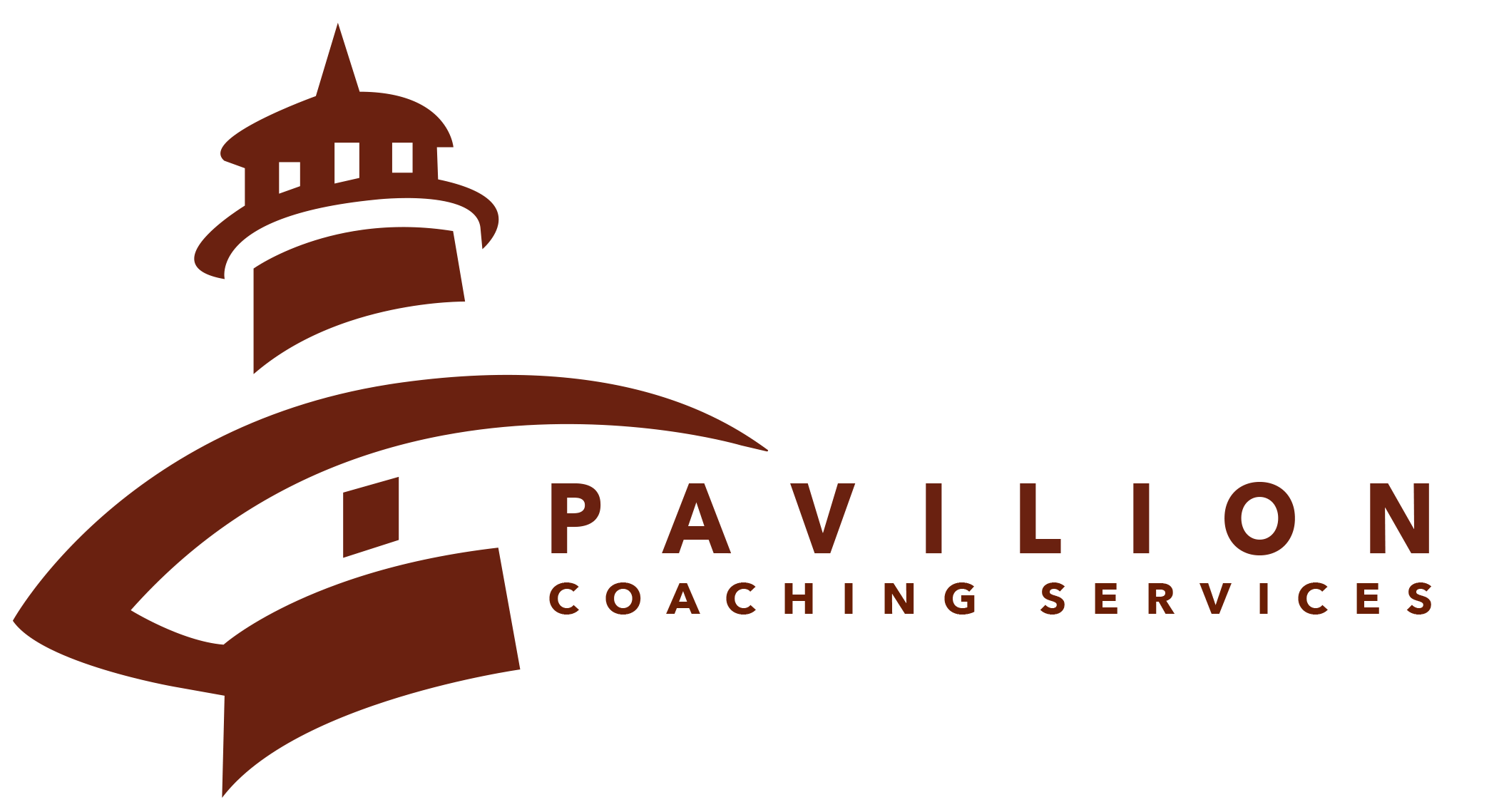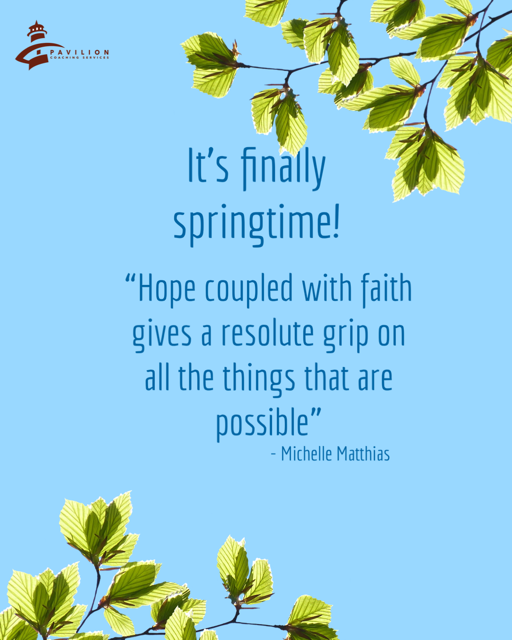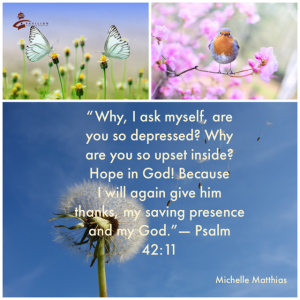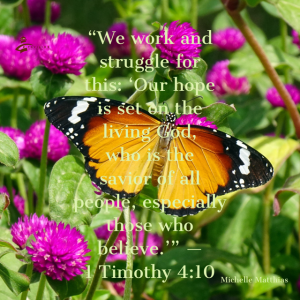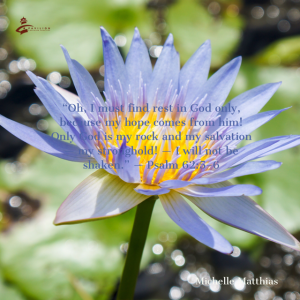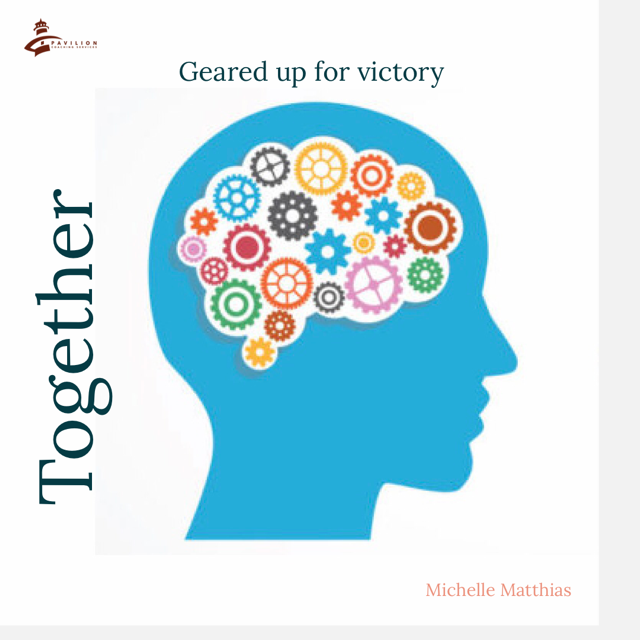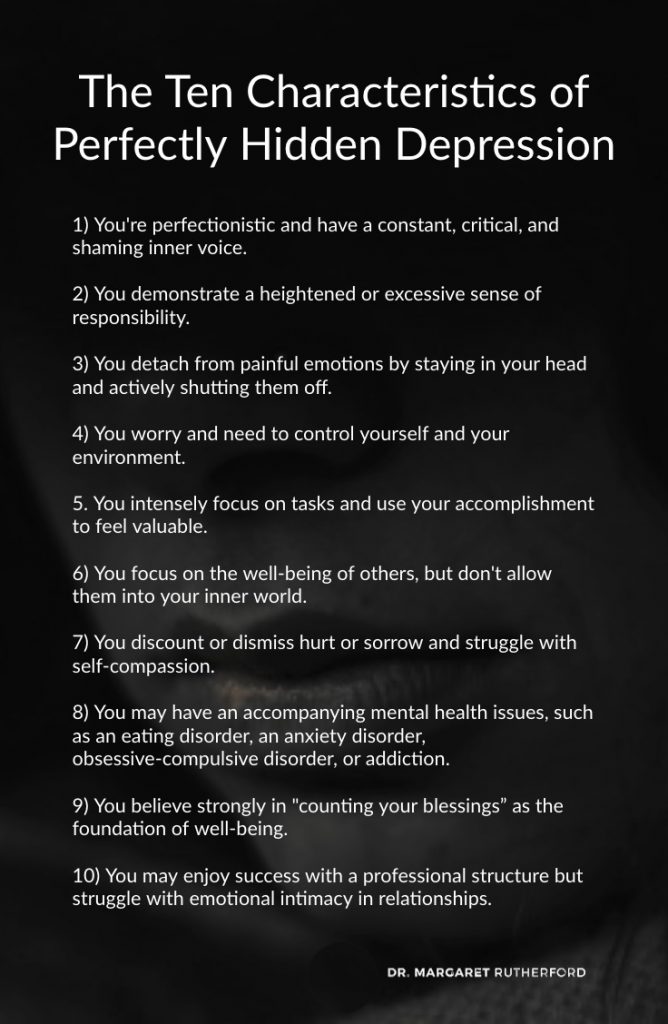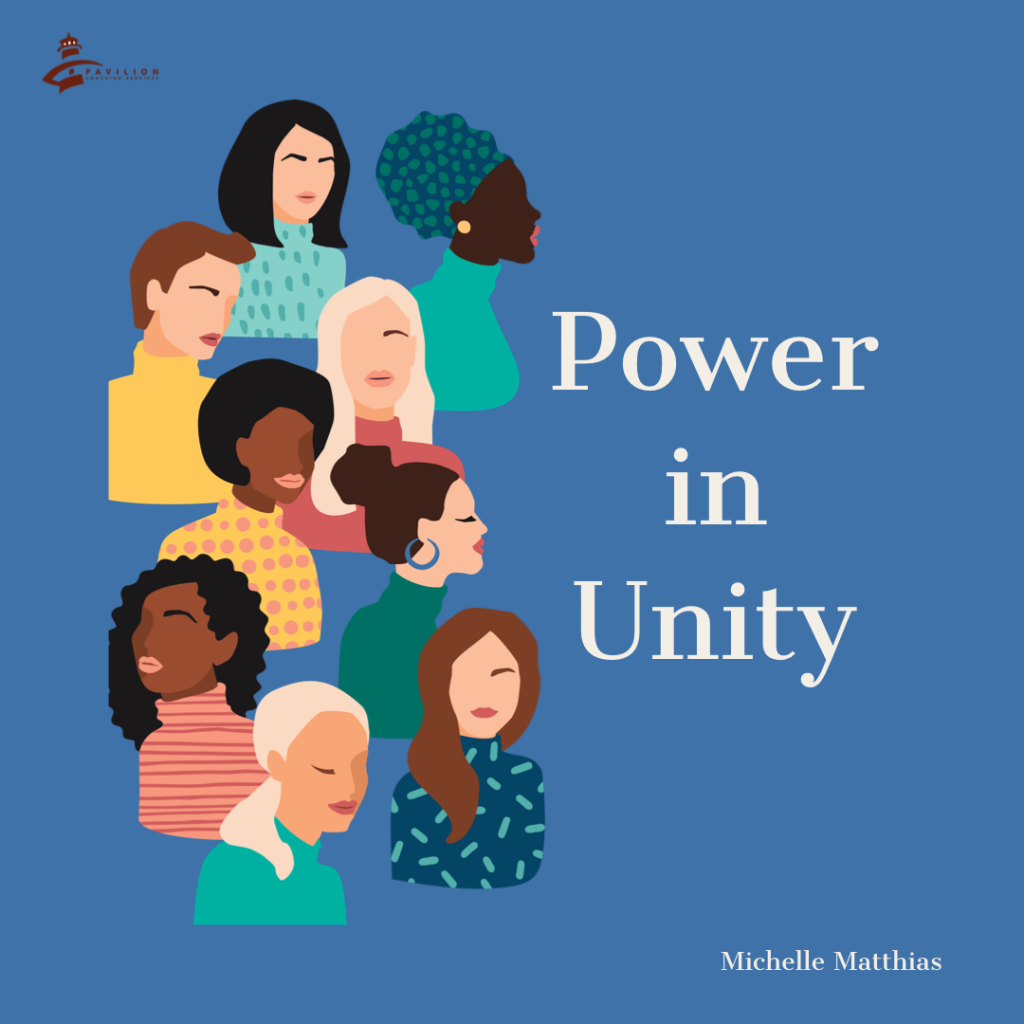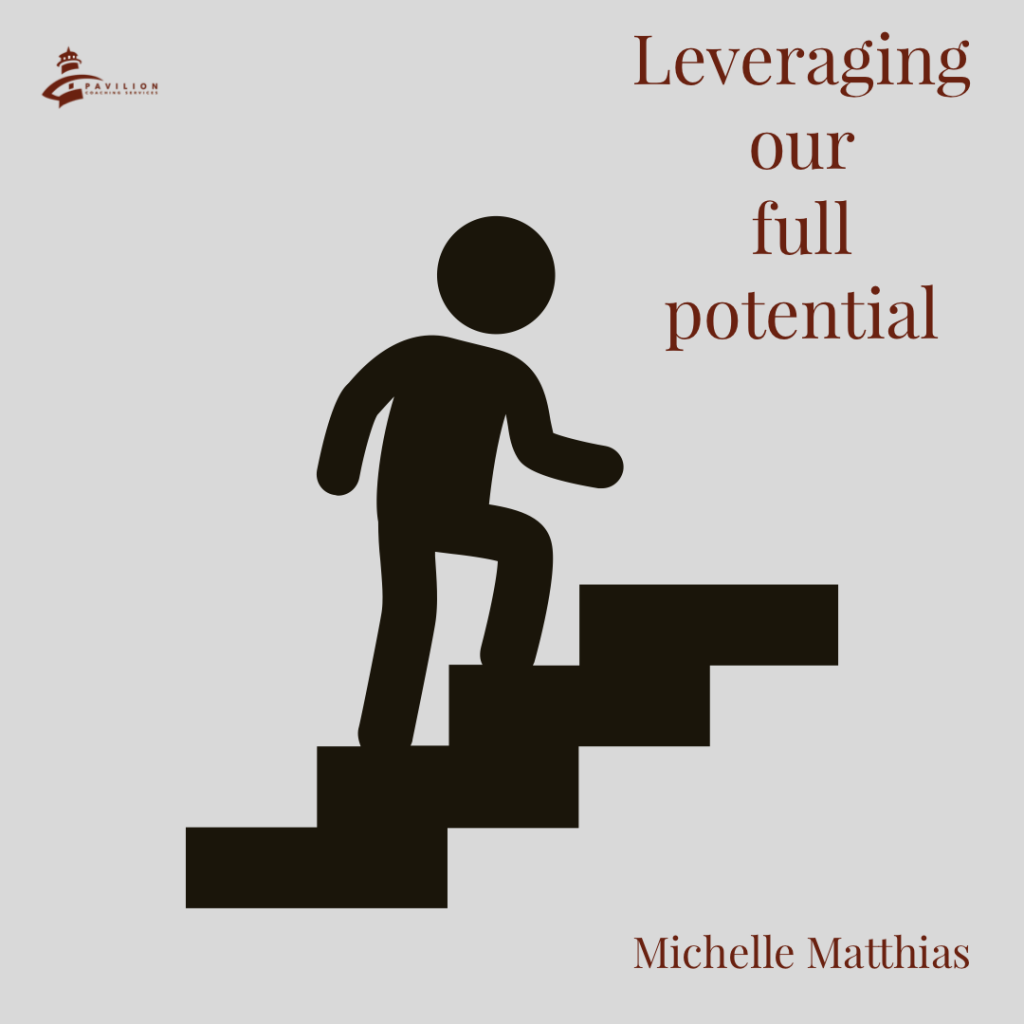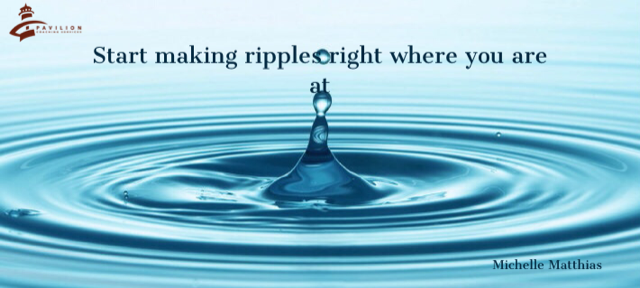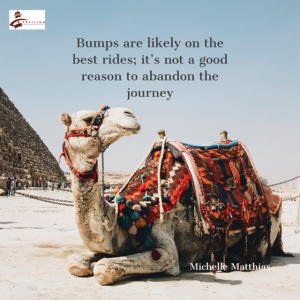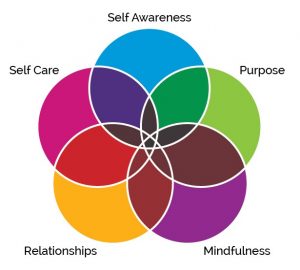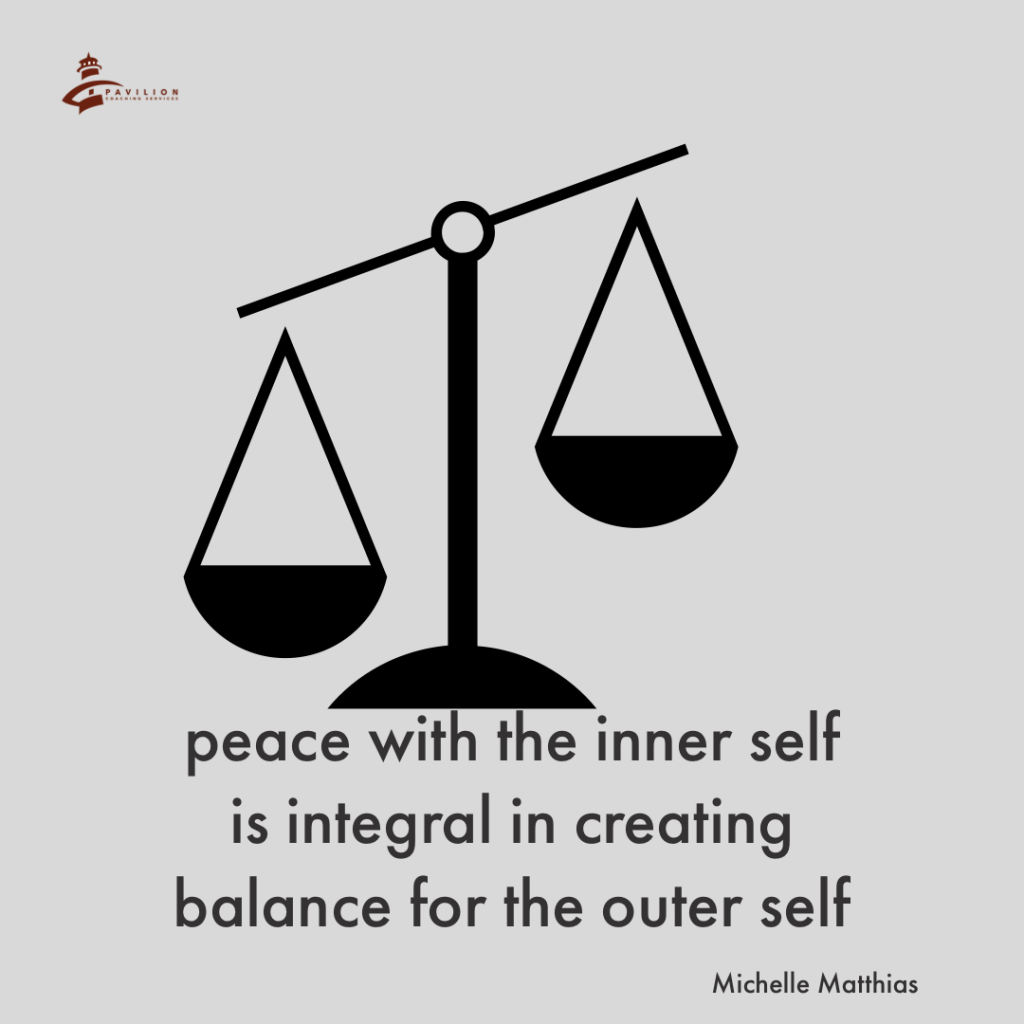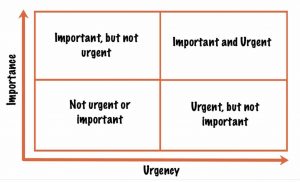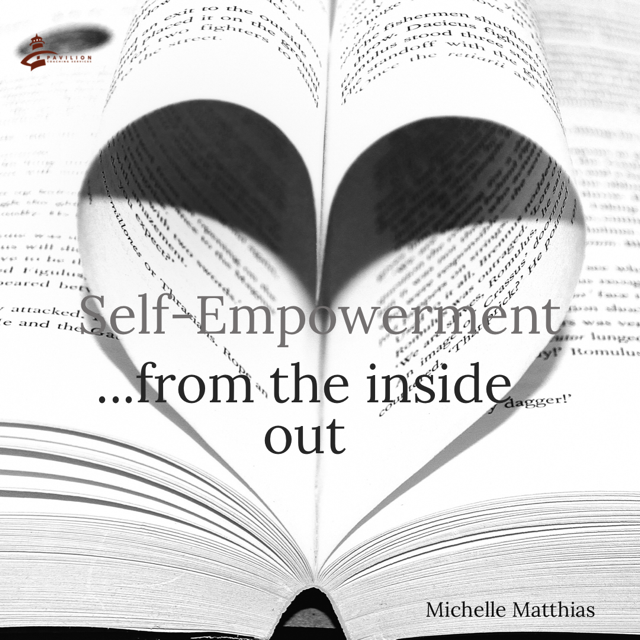
Self-Empowerment
Michelle Matthias
It is now over a year since the pandemic started here in North America and undoubtedly it has impacted all of us – be it negatively or positively. Personally, there are days when I get weary and long for a return to what I knew as normal.
So in this blog, I am choosing to speak about how I personally use self-empowerment as I navigate this pandemic and especially on the days when I get weary.
Empowerment is typically driven from the outside. It is what I do as a coach for my clients to instigate desired change and growth. On the other hand, self-empowerment comes from within. It generally means taking control of our own life, setting goals, and making positive choices. Self-empowerment is when we understand our strengths and weaknesses and take responsibility for our choices, our thoughts, our actions, and the consequences that come with it.
Below is a statement that I came across that gave me much ‘food for thought.’
“You don’t get in life what you want, you get what you believe.” – Oprah Winfrey.
I do agree. Our beliefs are powerful drivers that influence outcomes.
This statement caused me to ponder on the scriptures. “Therefore I tell you, whatever you ask in prayer, believe that you have received it, and it will be yours.” – Mark 11:24
So personally, I empower myself by leaning heavily on The Word. Romans 10:10, “For with the heart one believes and is justified, and with the mouth, one confesses and is saved.” This scripture has created a roadmap for me to stay on track.
I believe and I use my mouth. Here are some personal tips that work for me:
When you are in a good happy space:
- Write down all the things that are amazing about you.
- List all the positive things that you know to be true about yourself. Include all your achievements, accomplishments, and admired traits.
- List all your strengths.
- Make a list of all the things that you consider as blessings – health, job, possession, etc.
- Write down some of your favorite Bible verses (you know the ones that have weathered you through many storms?).
- Keep this list close to you and be battle-ready.
Whenever you are faced with fear, doubt, hesitation, procrastination, weariness, challenges:
- Turn to your list and start declaring what you know to be true – your achievements, your accomplishments, your beautiful qualities, your blessings.
- Speak these truths aloud.
- Read those scriptures and lean on your personal mantra to affirm, motivate and inspire you.
- Declare these truths to recenter, refocus, reenergize. Speaking your list aloud allows you to partner with the truth to restore confidence and shake off a victim mentality.
- Do this daily and as often as needed.
This is not about being perfect, none of us are; it is about being empowered.
Your words are signals. Create a habit of speaking life.
- Death and life are in the power of the tongue: and they that love it shall eat the fruit thereof. Proverbs 18:21
- Whatever things are true, whatever things are noble, whatever things are just, whatever things are pure, whatever things are lovely, whatever things are of good report, if there is any virtue and if there is anything praiseworthy—meditate on these things.. Phil 4:8
- So shall my word be that goes out from my mouth; it shall not return to me empty, but it shall accomplish that which I purpose, and shall succeed in the thing for which I sent it. Isaiah 55:11
- Truly, I say to you, whoever says to this mountain, ‘Be taken up and thrown into the sea,’ and does not doubt in his heart, but believes that what he says will come to pass, it will be done for him. Mark 11:23
We are all a work in progress. Self-empowerment must come from inside. The purpose of this blog is to inspire and support us on this journey. Yes, it is a journey. We do not instantly become self-empowered. It takes time and practice. Let’s partner together as we continue on this journey that we are so blessed to be a part of.

Empowerment Coach
Michelle Matthias
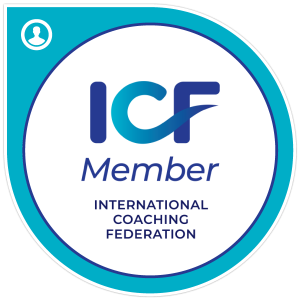
I can do all things through Him who strengthens me. Philippians 4:13
If you like this blog, leave a comment and share it with someone else
Subscribe to our Blog
